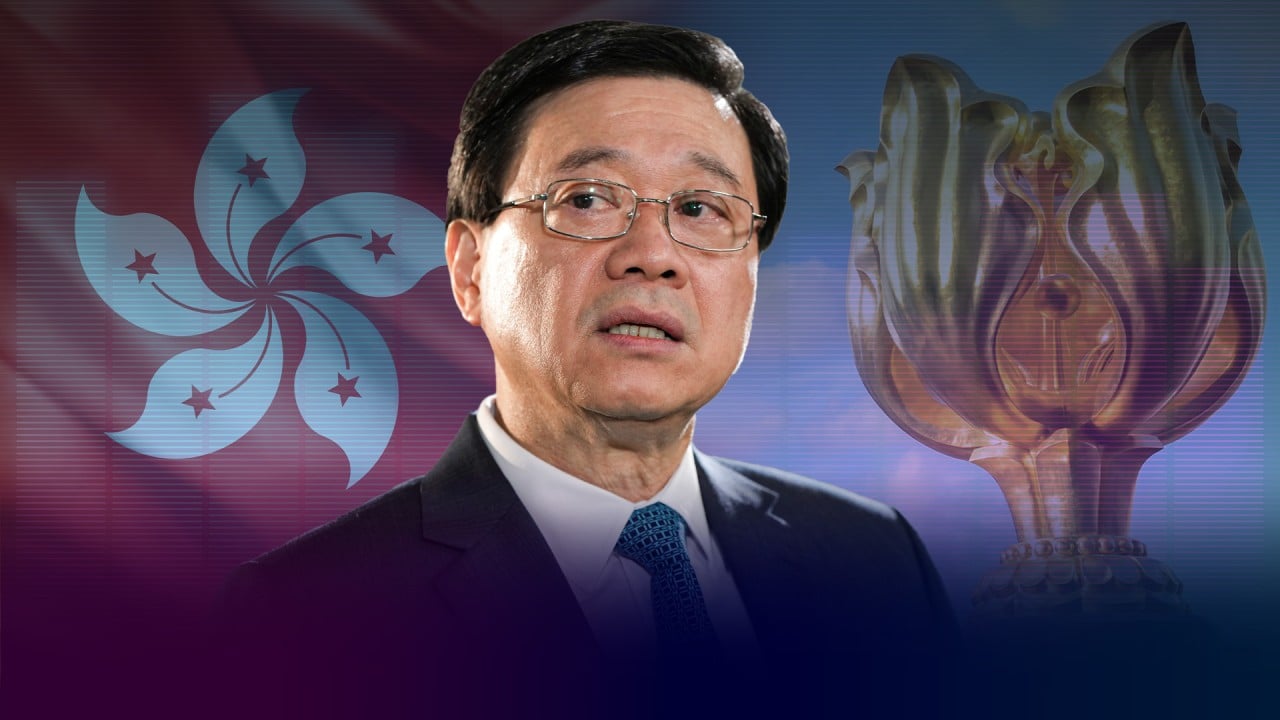
How Hong Kong can boost the return of international investor confidence in China
- Seen as a bellwether of Beijing’s policy direction, Hong Kong’s authorities must present the right optics, meaning no decisions that hurt international confidence
- The city must also engage with multinational firms, tackle their worries and serve as the front line for China watchers keen to access a fairer, more balanced and complete picture
As the most globally connected of China’s two officially capitalist cities, Hong Kong has a key role to play. Many in the city have spent the past few years bickering over how it could be better assimilated into the mainland or fulfil its national security requirements.
In theory, Hong Kong remains well placed as a hub of information and knowledge exchange on China. Its common law jurisdiction and deep pool of professional, legal and financial talent make it vital for foreign firms seeking to re-enter China or anchor in the Greater Bay Area.
First, the political establishment must tread very carefully on decisions that can damage international confidence in the city, from which the international community would infer Beijing’s policy direction.
Multinational corporations, top professional talent and leading financiers settle in Hong Kong not only because it is a part of the Chinese economic ecosystem, but because of its fundamental difference from the mainland in the areas of freedom of speech, access to information and social media connectivity, the rule of law, and cultural lifestyle and zeitgeist.
Second, we must address the worries of multinational firms – hedge funds, banks, consultancies and law firms – concerning our city’s trajectory.
With the increasing prominence of artificial intelligence, the official unavailability of ChatGPT in Hong Kong has raised red flags for companies dependent on open and unfettered access to large data sets in the US, Europe and the rest of Asia.
Counteracting this requires actively positioning the city as a bridge between China and the rest of Asia, if not the world, on information and data. We must commit to upholding rights to privacy, information and freedom of speech where feasible, pushing back against calls by a vocal minority of reactionary conservatives to eliminate any form of healthy, desirable disagreement in the public sphere.
Hong Kong’s only recipe for success is to be a truly international city
With its wealth of senior bankers, prominent academics and leading intellectuals, Hong Kong could offer China watchers a fairer, more balanced and complete picture than that available through most Chinese state-run or international media outlets.
The prerequisite is that honest analyses and commentaries on China’s economy – instrumental in informing businesses of potential gains and risks – remain widely available. One-sided, unreservedly positive “stories” would only be dismissed as propaganda and detract from Hong Kong’s appeal.
As a born-and-bred Hongkonger, I am proud to call this city home. As I embark upon my academic career as a philosopher examining geopolitical trends, there are few better places I can think of being than here. I hope we can each do our share to preserve what makes this city valuable – not just for Hongkongers, but for the rest of China too.
Brian Wong is an assistant professor in philosophy at the University of Hong Kong, and a Rhodes Scholar and adviser on strategy for the Oxford Global Society

.png?itok=bcjjKRme&v=1692256346)

